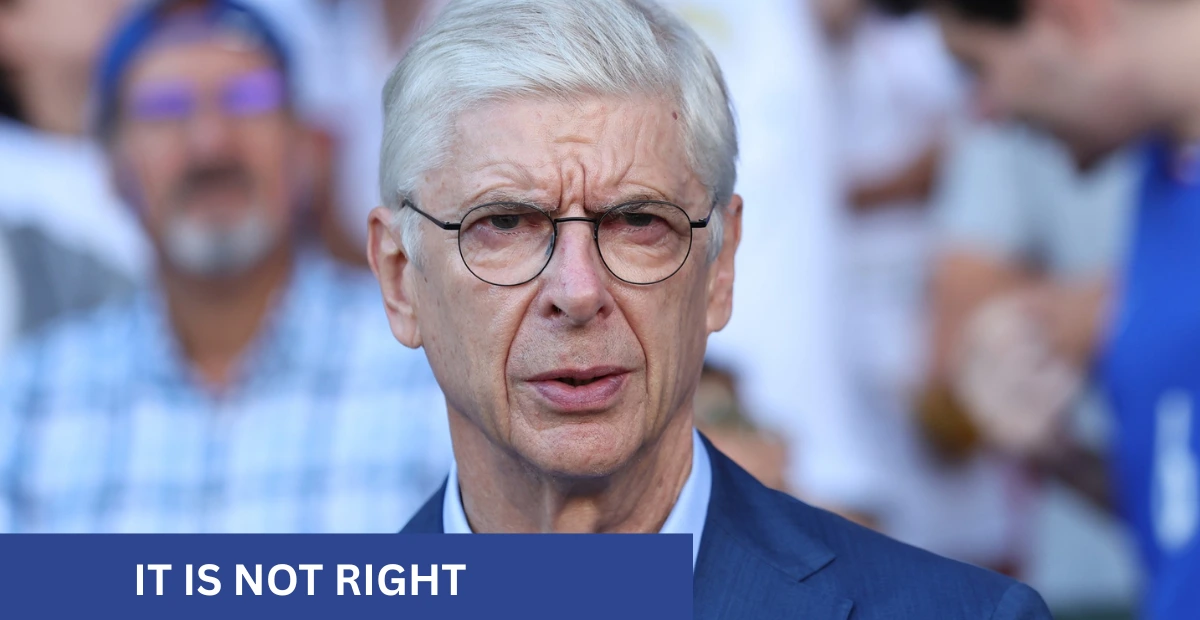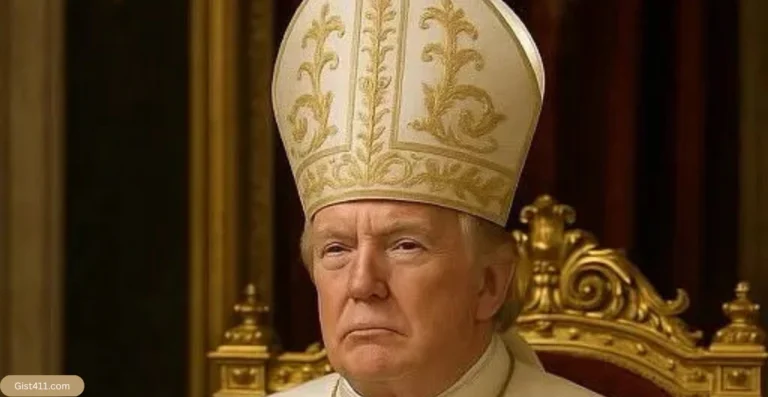Arsene Wenger on the Issue of Automatic Qualification for Europa League Winners
Back in the day, the Europa League has been seen as the smaller version of the Champions League. But since 2014, UEFA has attracted more sighta by adding a new feature: the winner of the Europa League automatically qualifies for the Champions League, in the following season. At first, it seemed like a fun way to increase the competition, and make it more exciting. But now, a lot of people could barely agree.
Legendary ex-Arsenal manager Arsène Wenger has recently started debate by questioning this rule. On BeIN Sports, Wenger stated that Europa League winners should not be given free access to the Champions League, just like that.
FOR YOU: Rodrygo’s £85M Move to Arsenal Sparks Concern from Ian Wright – And It’s Not What You Think
“No, they should qualify automatically for the Europa League again, but not necessarily for the Champions League, especially when you’re in the Premier League where already five teams qualify. It’s not right.” Wenger said.
His comments came at a very crucial time. Manchester United and Tottenham Hotspur, two giants in the football world, who are currently struggling in the Premier League, are now fighting for a place in the Europa League finals, which is set to take place on May 21, 2025 in Bilbao. For both teams, winning the Europa League might be their only one way ticket to Europe for the next season. But does that make the rule fair?
In this article, we’ll look at why UEFA introduced the rule, break down Wenger’s arguments, examine the impact of the rule on football, and explore whether it’s time for a change.
Why Did UEFA Introduce This Rule?
UEFA passed the rule in 2014 to award the outstanding Europa League winner a spot in the Champions League. The reason? To make the tournament more exciting.
Before this rule, many clubs didn’t take the Europa League seriously. They saw it as just domestic sports. Big teams wouldn’t bother showing up, and fans showed little or no interest in it. But by offering a golden ticket to the Champions League, UEFA became the spotlight on the stage.
Because of this, the Europa League wasn’t seen as irrelevant anymore. It became the last step to the price of the Champions League.
And it worked. Teams began taking the Europa League more seriously. We started seeing stronger line ups, amazing attendance, and more fan engagement. The UEFA League had gained their ground.

Wenger’s Main Argument
Arsène Wenger’s argument clearly points that football should be rated by fairness and consistency.
He claims that players should be interested and engage in their domestic tournaments, so they can get more fan engagement, instead of waiting for strings attached to it. After all, the Champions League is meant for the best teams in Europe, right?
And in some cases, the Europa League winner isn’t among those best teams based on league performance.
Take this season for example. Manchester United are 15th in the Premier League, and Spurs are 16th. If either team wins the Europa League, they will jump over much better-performing teams and enter Europe’s elite tournament. That didn’’t sit right with Wenger.
“The Champions League should reward consistency, not loopholes,” Wenger implied.
Football fans are now divided. Some believe Wenger is old school , while others see light in his comments. On social media, the debate continues:
“If you win a European trophy, you deserve the Champions League spot. Simple!”
“A 15th-placed team should not be in the Champions League. It’s a joke.”
The debate often depends on which team a person supports. But there is one central idea: football is becoming less about long-term consistency and more about strategic short-cuts.







You’re amazing 👑